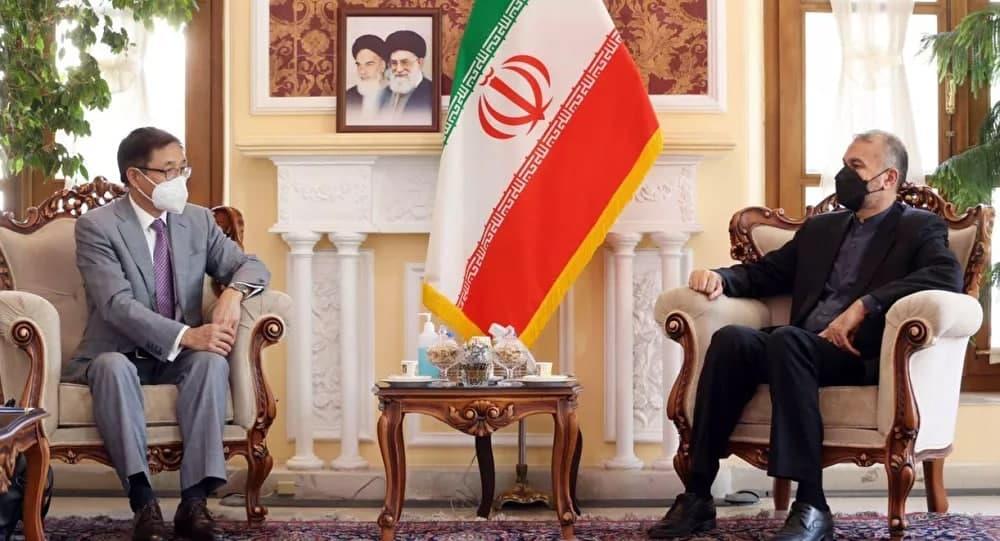BEIJING, Aug 20 (Sputnik) - A flurry of communication in Eurasia has followed the rapid collapse of the US-backed Afghan government over the past two weeks, as regional powers struggle to uncover its orientation toward the new Taliban government, which has hinted that it might not rule in the same way. that did it. he did before, which earned him few friends and many enemies.
Beijing and Tehran are rushing to ensure stability in Central Asia after the Afghan capital of Kabul suddenly surrendered to the Taliban without a fight on Sunday, something US and Afghan officials had publicly stated they believed would not happen for at least a month. .
On Wednesday, Chinese Foreign Minister Wang Yi spoke with his Pakistani counterpart, Shah Mahmood Quresh, and on Thursday with his Turkish counterpart, Melvut Cavosoglu, about coordinating his policy in Afghanistan.
A Taliban spokesman told Chinese media last month that the group would not allow Afghanistan to become a base from which other nations can be attacked.
“The leaders of the Taliban said they would solve the problems faced by the people and satisfy the people’s aspirations. This is sending a positive signal to the outside world,” Wang told Cavusoglu, adding that the militant group had made promises that it needed to translate into concrete policies.
A Taliban spokesperson told Chinese media last month that the group would not allow Afghanistan to become a base from which other nations could be attacked.
“To this end, the Afghanistan Taliban needs to completely cut off from all terrorist forces with a clear attitude and take measures to combat international terrorist organisations classified by the UN Security Council, including the East Turkestan Islamic Movement (ETIM),” Wang added, referring to the Islamic terrorist group active in Xinjiang Autonomous Region, which the Taliban has harbored across the border in Afghanistan several times in the past.
A readout of Wang’s and Quereshi’s talk said China and Pakistan “should support Afghanistan in its resolute fight against terrorism, and Afghanistan must not become a gathering place for terrorism again.”
“We should promote international cooperation involving Afghanistan in an orderly manner, establish various complementary mechanisms and expand consensus. In particular, we should give play to the unique role of neighboring countries, so as to push the situation in Afghanistan gradually into a virtuous circle,” Wang added.
Chinese President Xi Jinping also spoke with newly inaugurated Iranian President Ebrahim Raisi on Thursday, several days after China's special envoy for Afghanistan, Yue Xiaoyong, met with outgoing Iranian Foreign Minister Mohammad Javad Zarif and on Wednesday with the new foreign minister, Hossein Amirabdollahian.
Raisi told Xi that Iran is ready to cooperate with China to establish “security, stability and peace in Afghanistan” and to help the country with further development.
"We believe that the withdrawal of foreigners, as well as past experiences in the country, has highlighted the need for the support and participation of all Afghan groups to ensure the security and development of Afghanistan more than ever,” Raisi said, according to a readout by his office.
